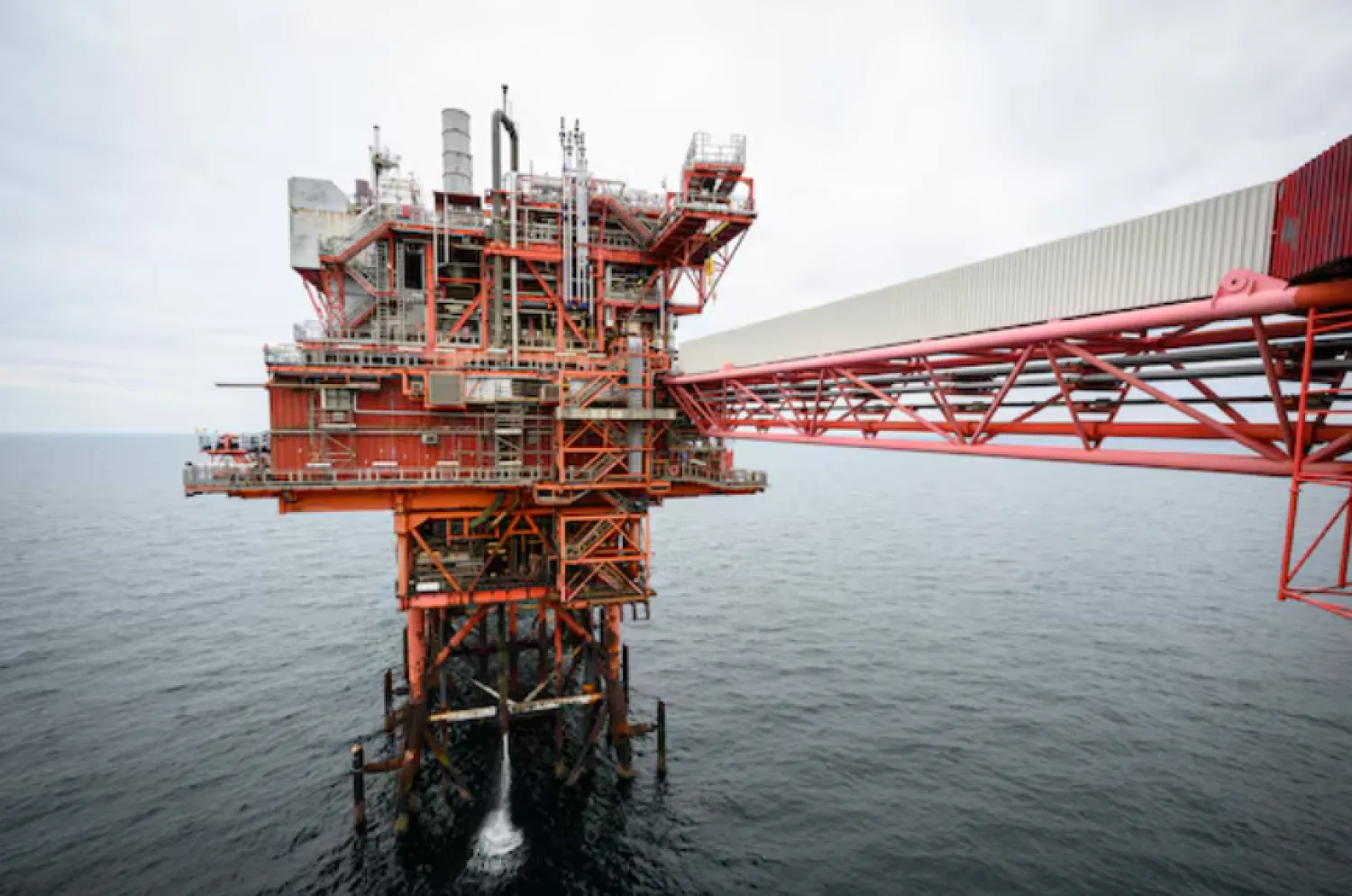Britain's decision to issue dozens of new oil and gas exploration licences is being challenged in court by a marine conservation organisation, which argues ministers unlawfully failed to consider the impact on marine life.
Oceana UK is taking legal action over 31 licences issued under Britain's previous government in May this year as part of the North Sea Transition Authority's latest oil and gas licensing round.
An exploration licence does not necessarily result in a producing field, though environmental groups argue that expansion of oil and gas production is inconsistent with the government's target to become a net-zero carbon economy by 2050, according to Reuters.
Oceana and other members of the Ocean Alliance Against Offshore Drilling this week wrote to Britain's Energy Secretary Ed Miliband, asking him to concede Oceana's legal challenge.
"By conceding the case, the government can make good on promises made to the public and signal a clear departure from the previous administration's continuing reliance on fossil fuels," they wrote.
Britain's Department for Energy Security and Net Zero declined to comment.
Oceana's case is the latest challenge over fossil fuels as campaigners increasingly turn to the law to force governments to move more quickly on tackling emissions, with mixed success.









